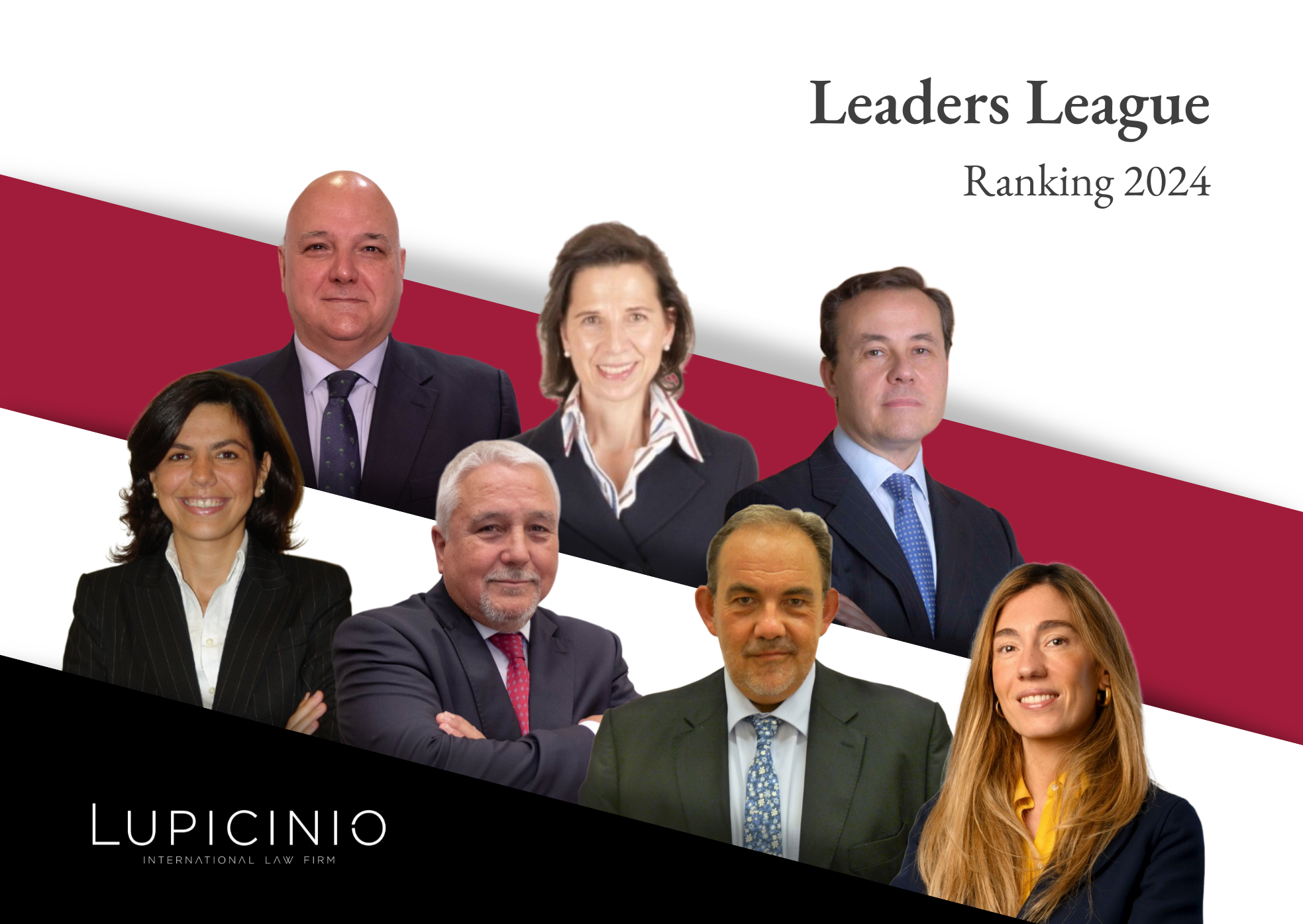Christiane Schuman Campbell, José María Viñals Camallonga and Renato A. Landeira, Corporate Counsel
April 22, 2016
The United States, unlike Cuba, is a use-based trademark system and, with limited exceptions, requires trademark owners to prove that they are using their trademark in commerce prior to obtaining a registration. If a party interested in filing for registration is not yet using a trademark in commerce, but intends to do so, it can file an application based on its intent to use the mark, and it may have more than three years from filing to substantiate the application by declaring and proving actual use of the mark.
Neither of these filing bases—use or intent to use—is restricted to U.S. nationals. They are technically available to Cuban citizens or companies as well, though the current embargo could render it impossible for a Cuban company to demonstrate use of its mark in the United States sufficient to file based on actual use.
The United States is a party to a number of the same international conventions as Cuba, including the Madrid Protocol. The Madrid system allows a foreign trademark owner to extend protection of its base foreign application or registration into the United States and other countries. This includes Cuban trademark owners whose base trademark application or registration may have been obtained in Cuba. The U.S. Patent and Trademark Office will review and accept for registration applications that have been extended through the Madrid system without requiring the mark to be first used in the United States. This allows Cuban trademark owners to extend protection of their brands in the U.S. without proving use. It is important to note, however, that the country has strict maintenance requirements, and even if a U.S. registration is not originally obtained based on actual use, use of the mark in the United States must be declared and proven at each maintenance benchmark, beginning between the fifth and sixth anniversary from registration. A U.S. registrant has the option to claim, under certain exceptional circumstances, “excusable non-use” of a mark, but ultimately, a U.S. registration would likely be impossible to maintain long-term if there is no use of the underlying trademark in U.S. commerce.
The United States and Cuba’s common membership in certain international conventions also may enable a Cuban entity to base its U.S. application on a previously filed Cuban application or previously obtained Cuban registration. Filing a U.S. application based on a foreign application or registration eliminates the requirement to declare and prove use of a mark in the United States before registration can issue. Again, actual use of the mark still has to be declared and proven for foreign-based registrations at each maintenance filing.
Ownership of a U.S. trademark registration that is based on anything other than actual use comes with nuances and caveats, all stemming from the basic fact that the United States is a use-based jurisdiction when it comes to trademarks. Under certain circumstances, trademark registrations that are not supported by use may be vulnerable to attack by third parties.
The takeaway? The current U.S. trade embargo against Cuba does not, as many believe, prohibit Cuban entities from filing applications for, and obtaining, U.S. trademark registrations to protect their brands in the United States. Therefore, it appears to be sound business sense for companies to consider protecting Cuban brands in the United States in advance of further loosening of the embargo.
U.S. Trademark Owners Seeking Registration in Cuba
Cuba, unlike the United States, is a first-to-file trademark system, and trademark rights in Cuba emanate from registration. Use of a trademark in Cuba is not required before registration can issue. This is likely to be significant for U.S. brand owners for two main reasons: (1) U.S. entities can file applications to protect their brands in Cuba now; and (2) third-party “trolls” with no legitimate rights or interests can also file applications to protect U.S. brands in Cuba.
To the first point, a U.S. national (company or individual) need not wait until further relaxing of the trade embargo against Cuba. The only specific requirement for filing in Cuba is the same as for most jurisdictions’ trademark offices: the requirement that a Cuban representative, on behalf of the applicant, file the application for registration with the Cuban Office of Intellectual Property (OPCI). Because use is not required to obtain a registration, a Cuban registration may issue for the mark before the U.S. entity can offer its goods or services in Cuba.
Since Cuba is a party to the Madrid Protocol and the Paris Convention for the Protection of Industrial Property, Cuban legislation provides for the registration and protection of intellectual property assets in favor of foreign holders with all the usual guarantees. In addition to filing the direct Cuban national trademark application explained above, U.S. entities can also file a Cuban trademark application through the Madrid system, as an extension of an existing “base” application or registration, or they can file in Cuba on the basis of a prior existing U.S. application or registration.
The caveat to the “no use requirement” in Cuba is that, after three years on the registry, a mark can become vulnerable to cancellation by third parties on the basis of non-use. After three years of non-use of a mark registered in Cuba, interested parties can petition for the removal of the registration from the Cuban registry. In limited and exceptional circumstances (for example, where a mark was registered in Cuba prior to the imposition of the trade embargo), a registrant may overcome an allegation of non-use of its mark by asserting the embargo as an excusable basis for non-use. This is the exception, and not the rule: A more recent Cuban registrant would be unlikely to get away with three or more years of non-use of its mark on the basis that the embargo made impossible use of the mark in Cuba.
As to the second point concerning so-called trolls, because there is no requirement that an applicant declare or prove use of a mark in Cuba, parties with no legitimate rights or interests (other than to make a few dollars off of legitimate brand owners) can file for and obtain registrations in Cuba for well-known U.S. brands that are not yet registered in Cuba. U.S. companies that have not yet registered their brands in Cuba may go to register only to find an unauthorized third party holds a registration that blocks the U.S. company’s legitimate application. Retrieving an ill-gotten Cuban registration from a third party—or cancelling the Cuban registration to remove it as a bar to registration—can be a steep uphill battle, resulting in costs and delay that might have been avoided through proactive and defensive registering in the first place. Specifically, it could take a U.S. company years and many dollars to prove, without a Cuban trademark registration, that its trademark is so well known in Cuba that its rights in that mark trump a prior registrant’s.
To illustrate the ease with which a party can file for and obtain a trademark registration in Cuba—and the potential risks this imposes on U.S. brand owners—consider this: One Cuban individual has applied to register for himself at least 65 well-known U.S. brands in Cuba, among them Chase, John Deere and Pixar. This individual is not authorized or licensed by the legitimate brand owners and has no connection to the U.S. brands he seeks to register. And yet, the legitimate U.S. brand owners will have to tackle his filings head-on before they can protect their brands in Cuba for themselves.
The takeaway? Companies or individuals should consider registering now in Cuba if they have any interest in marketing, sourcing, distributing or selling there. Otherwise, it could be problematic for their brand if an unauthorized third party files for registration first.
Given the possibility that the U.S. trade embargo against Cuba will be lifted, trademark owners in both countries should consider evaluating their brand portfolios and the need to protect their brands in both countries.






